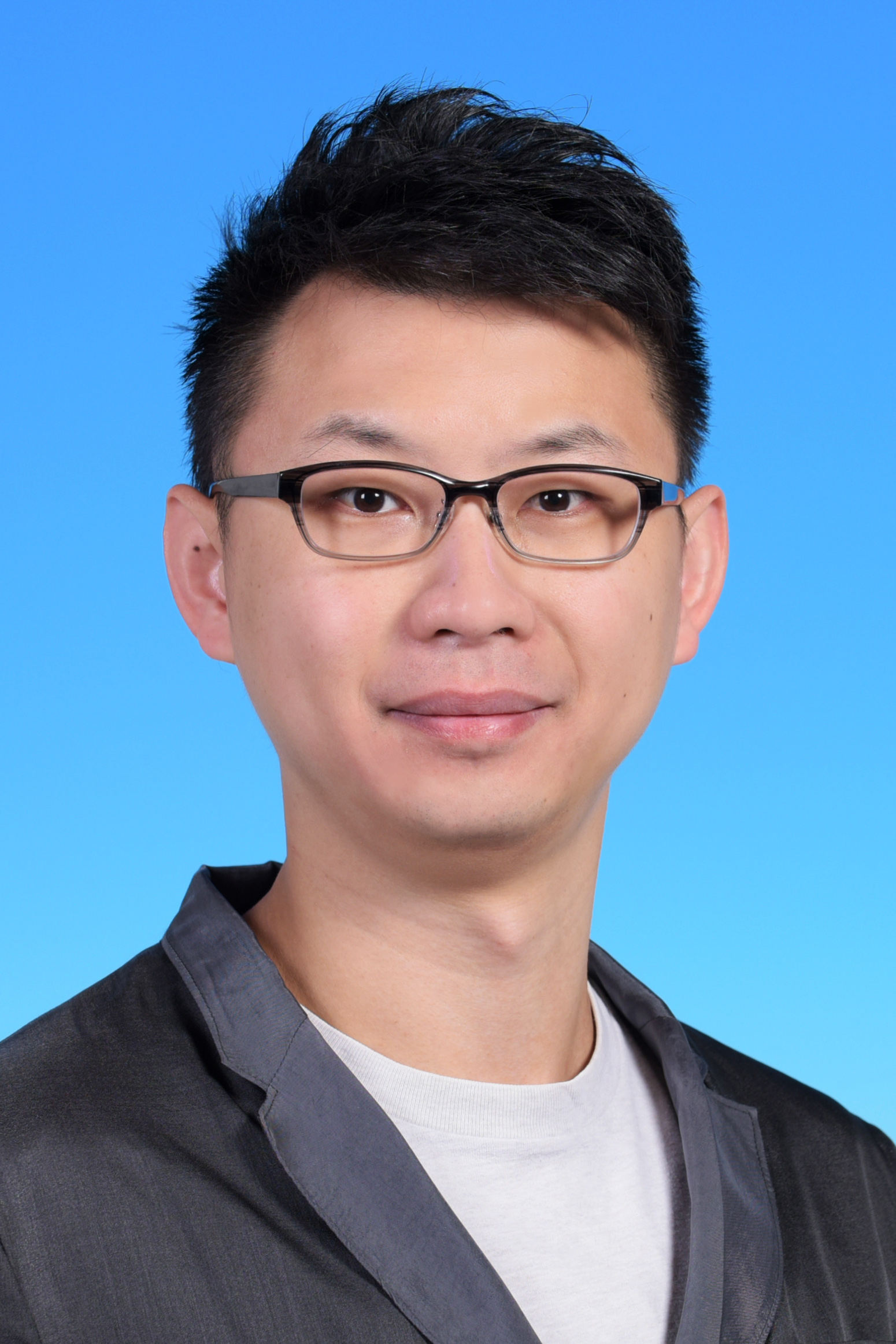|
Common Core Teaching Excellence Award Recipients2021 Award Recipients
Award Recipients of the Common Core Teaching Excellence Award 2024 | 2023 | 2022 | 2020 | 2019 | 2018 | 2017 | 2016Award Recipients of the Common Core Course Excellence Award 2015 | 2014 | 2013 | 20122021 Online Award Presentation Ceremony More About the Award 
|

|
 Professor Kenneth Leung
Professor Kenneth Leung
Department of Computer Science and Engineering
Course Taught: COMP 2711 Discrete Mathematical Tools for Computer Science
What is discrete mathematics and why is it important? Those who undertake COMP 2711, taught by Prof. Kenneth Wai-Ting LEUNG, are unlikely ever to forget, thanks to the inspiring learning environment that introduces them to the abstract joys – and challenges – of basic number theory, logic and proofs, enumeration techniques, and much more. This is not only beneficial to individual learners. It is also significant for Hong Kong’s innovation talent pool, as the subject is a prerequisite to further knowledge of data science, machine learning, and software engineering, some of the fastest-growing fields today.
Kenneth successfully employs gamification and fun content, such as brain teasers, to engage course participants in critical thinking, build collaborative learning, and sustain enthusiasm. Dedicated to both his subject and enhancement of the undergraduate experience of higher math, he shows class members why they need to learn the theoretical concepts he teaches through association with real-life issues – a major plus for many. Moreover, through his thoughtful explanations, meaningful examples, and “try-it-before-we-explain” instructional approach, he motivates students to become passionate, proactive, confident, and happy learners – a lifetime gift.
Recent class participants note in particular the effectiveness of a cloud-based instant messaging channel, set up by Kenneth to enable students to raise questions on course topics and beyond and take part in discussions among themselves as well as with teaching assistants and himself. Such interaction leads to valuable peer learning and mutual support, resulting in great camaraderie. This sense of belonging, despite varying backgrounds in math and computer science, is another much-commented and cherished feature of COMP 2711, along with a lasting appreciation of discrete math, and related areas.
Thus, as an exemplary model for both his students and fellow faculty in how to make difficult knowledge accessible and enjoyable, his commitment to effective, innovative teaching that widens perspectives, and his quest to stimulate the curiosity to learn out of interest rather than as a means to an end, the Selection Committee has great pleasure in recommending Kenneth for the 2021 Common Core Teaching Excellence Award.
 Mr Malinda Abeynayake and
Mr Malinda Abeynayake and
Mr Joel Yu
School of Engineering
Course Taught: ENGG 1300 Design Thinking for Health Innovation
ENGG 1300 is a Common Core course with a difference. In fact, many remarkable differences, given it is largely project-based and sets class members the task of devising prototypes that can address a real-world healthcare issue waiting to be solved.
In guiding students drawn from across the University to “learn by doing” in order to fathom the design thinking process, Malinda ABEYNAYAKE and Joel Chung-Yan YU employ a carefully considered array of pedagogical approaches that spark creativity, provide pertinent experiential learning, and nurture integrative thinking.
With the course based in the InnoLab, a classroom with flexible setting, prototyping skills are developed through hands-on workshops, and design thinking taken on board by actually practicing its philosophy. Meanwhile, research into the circumstances that potential users face helps develop empathy and greater understanding of needs to be taken into account when building solutions. Course themes to date have ranged from wearables to counter COVID-19 to designing space to improve well-being in Hong Kong.
In ENGG 1300, Malinda and Joel bring teambuilding and teamwork to the fore, requiring students to work with two different groups: the first self-selected and the second specifically chosen to maximize diversity and different perspectives to advance interpersonal and cross-disciplinary communication, and foster project management skills. Frequent presentations and feedback in a variety of formats play an important role in keeping teams in touch and facilitating progress. At the same time, the instructors’ own dedication and accessibility beyond regular class hours serve as a sterling example of how to work with others for others.
Tributes from class members range from “fun, demanding, yet fulfilling” and “didn’t imagine I could do such cool things since I’m from a business background” to “a space where there are countless possibilities”.
As such, Malinda and Joel amply show why they have been awarded their Honorary Mention for excellence as Common Core course educators.
 Professor Raymond Wong
Professor Raymond Wong
Department of Computer Science and Engineering
Course Taught: COMP 1942 Exploring and Visualizing Data
From banking to sports, energy to healthcare, big data has become an increasingly valuable provider of novel insights and information for decision-making over the past decade. But this alone does not explain why COMP 1942 “Exploring and Visualizing Data”, developed and taught by Prof Raymond Wong, has proved so popular with students from diverse subject areas since it was first offered in 2011.
Indeed, data mining and analytics involving mathematical and computational models can be highly intimidating, especially for those without prior knowledge of the field. Yet as course participants have grown – increasing from 114 over the past five years to a massive 277 in 2019 – Raymond has continued to achieve top teaching evaluation scores.
How has he managed this? With a focus on presenting data mining and visualization concepts in a well-organized and logical way, and a range of tailor-made experiential approaches that overcome technical knowledge challenges.
Such teaching innovations include role play and interactive demonstrations. He also initiates carefully designed in-class exercises that stimulate class participation and deliver indelible impact. For example, being asked to apply concepts to real-world situations, such as imitating a technical writer drafting data reports to a layman boss.
Students have commented that Raymond’s innovative methodologies have helped them acquire life-long learning and critical thinking skills.
In addition, his inspirational commitment and willingness to rethink and enhance materials and approaches in light of feedback, availability to answer questions, and patient, encouraging supervision of projects and research have further impressed colleagues and students alike.
In providing such an exemplary role model, Raymond has shown his outstanding ability to set and meet the highest standards, and fully deserving of his Honorary Mention for excellence as a Common Core educator.
